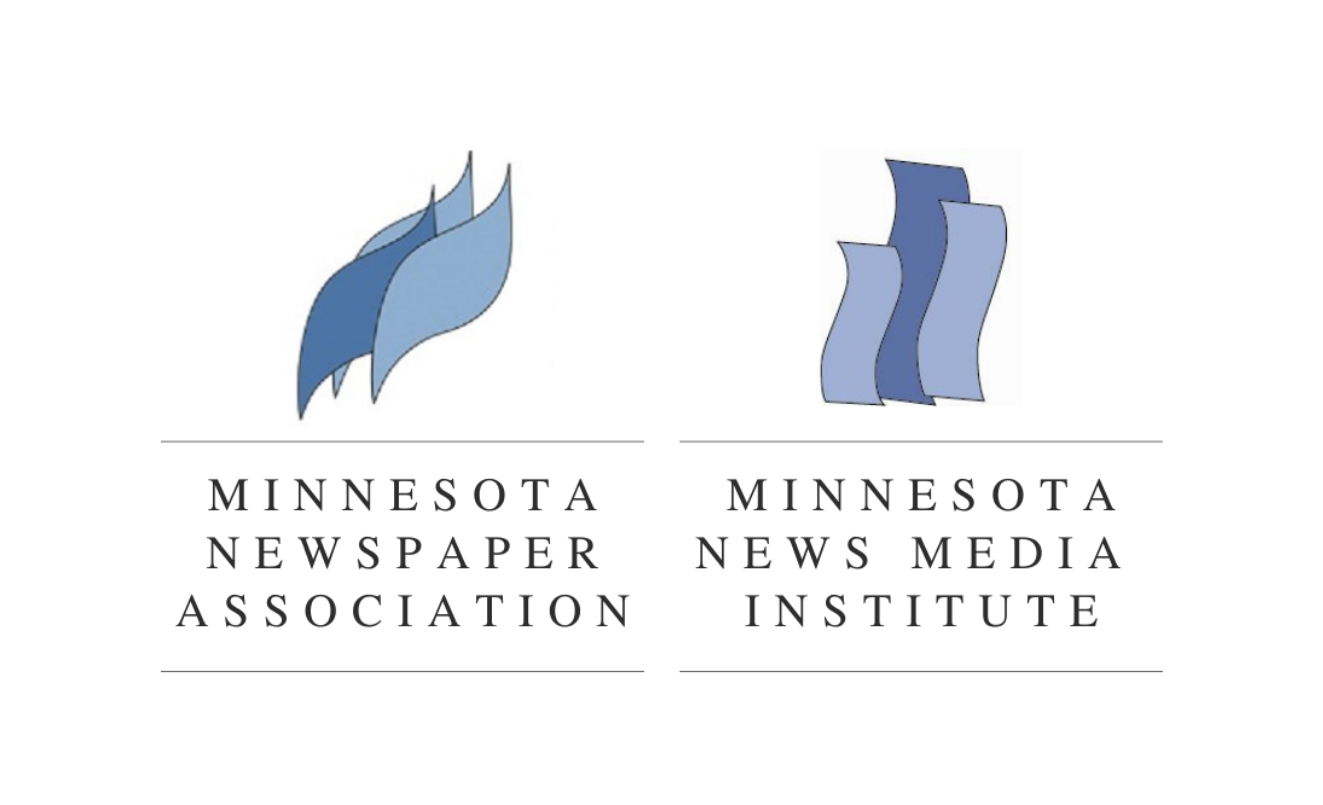By John Foust
One of the basics of selling is to get the right kind of information from prospects. There is a big focus on asking about prospects’ goals, target audiences, marketing budgets and previous campaign results. That’s how we put ourselves in position to create effective ad campaigns.
Monica, a long-time sales manager for a publishing company, told me about a different kind of question. “Years ago, I heard about a technique to turn the process around and ask questions to ourselves,” he said. “The objective is to create more interest in what you are selling. It all starts with the words, ‘If I were in your position, I would want to know…’
“For example,” she explained, “let’s say you’re meeting with someone who doesn’t talk much or someone who seems to be running down rabbit trails during your presentation. Simply say something like, ‘If I were in your position I would want to know how The Gazette’s coverage compares to other media outlets in this market.’ Then transfer ownership of the question from you to them, by asking if that is something they would like to know. That opens the door for you to answer the question and cover an important sales point. It’s a way to keep everyone on the same path.”
Let’s take a closer look at this technique that works so well for Monica:
- Prepare a list of questions in advance. “As you do research on your prospect, some questions will become obvious,” Monica said. “Experienced advertisers will want more detailed information, while new business owners will be most interested in fundamentals.
- Make sure the questions are specific. She advises to stay away from vague topics like “Why is The Gazette the right choice?” or “Can The Gazette stay within my budget?”
“I’ve learned that it’s better to concentrate on specific areas, like audience numbers, procedures, and print and online options.”
- Avoid questions that are blatantly self-promotional. “It’s not smart to ask, ‘Why is advertising in The Gazette better than running TV commercials?’ to someone who is advertising heavily on TV. In addition to killing your credibility, it might end the conversation.”
- Don’t overdo it. “Moderation is a key,” Monica said. “Resist the temptation to start every other sentence with ‘If I were you.’ In fact, you may not need to use this kind of question at all. Use your common sense.”
- But you can put questions in strategic groups. “This is a good way to establish a road map for your sales points. For instance, you can say, ‘If I were in your position, I would want to know three things about any media choice: First, do they reach my target audience? Second, what kind of track record do they have in my industry? And third, can they produce the ads themselves?’ Then you can add, ‘Would you want to add anything to this list, or is this a good place to start?’
Monica’s approach makes a lot of sense. There’s no question about it.
(c) Copyright 2020 by John Foust. All rights reserved.
John Foust has conducted training programs for thousands of newspaper advertising professionals. Many ad departments are using his training videos to save time and get quick results from in-house training. E-mail for information: john@johnfoust.com
